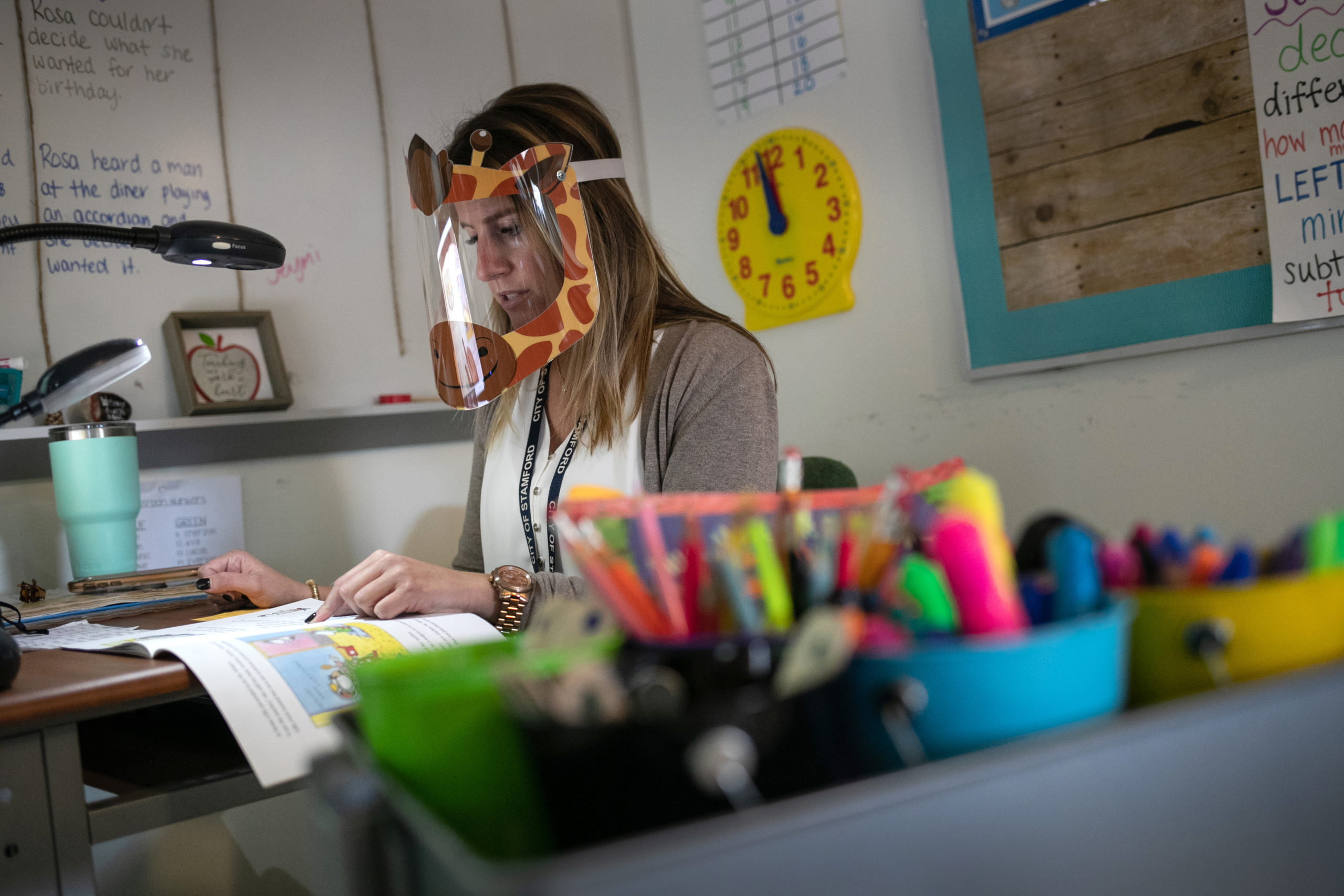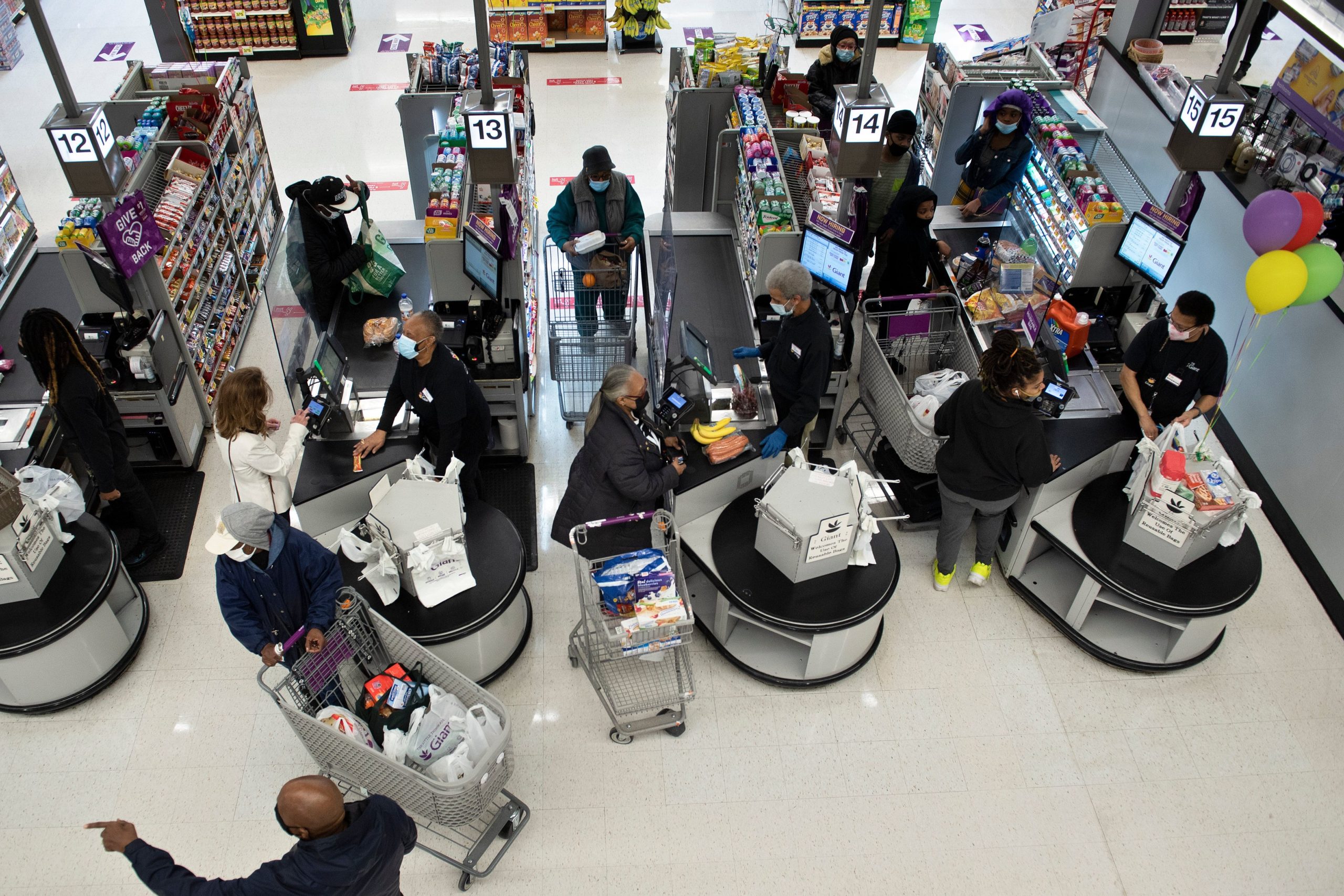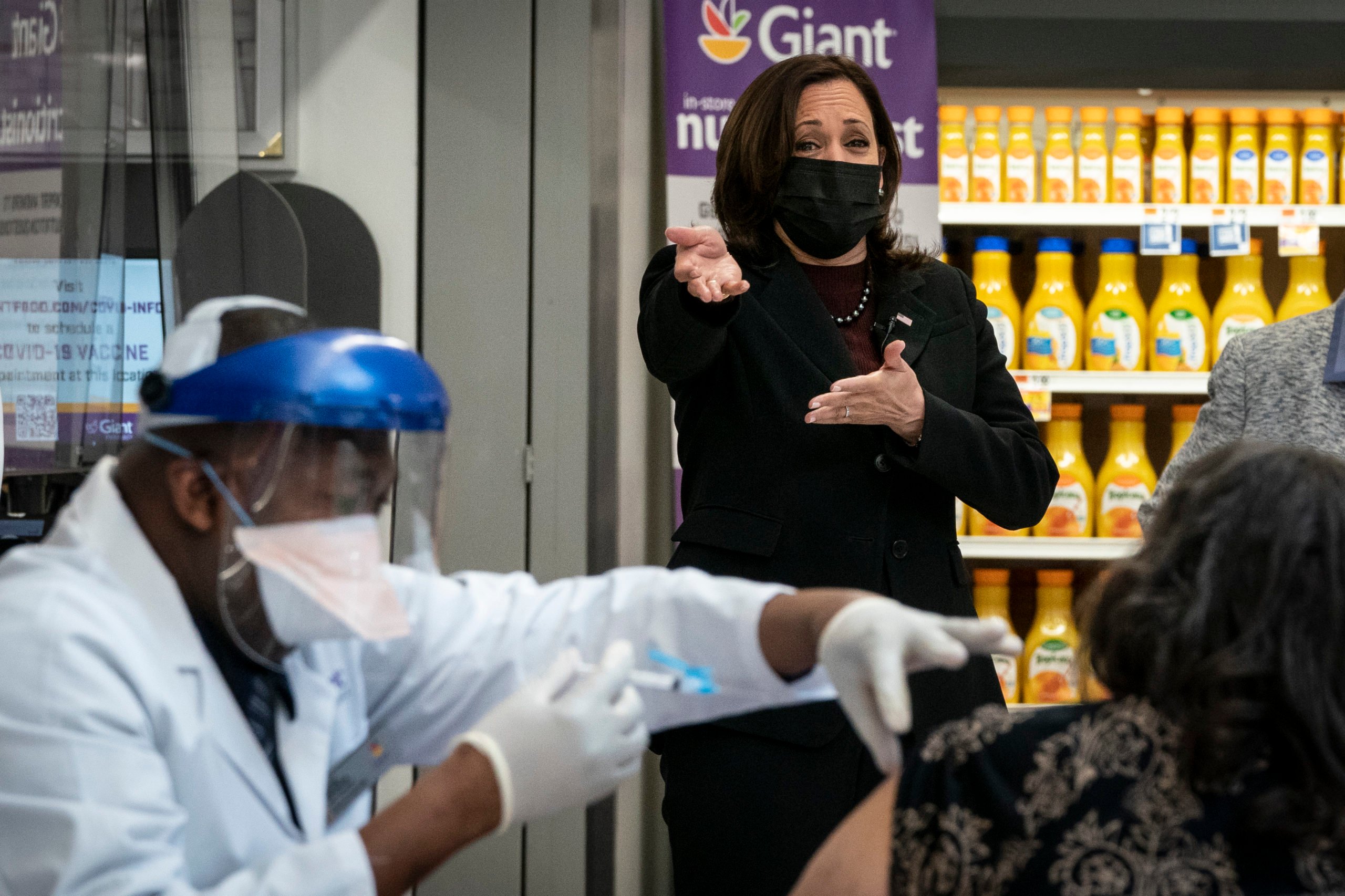- Grocery store workers often lack the bargaining power that teachers unions have across the country, which has enabled teachers to work on their own terms during the pandemic.
- “If you can do Home Depot, if you can do Walmart, if you can do these things, we absolutely can do the schools,” Republican Florida Gov. Ron DeSantis said in July.
- Nearly 36% of all U.S. teachers are a member of a union while just 1.2% of workers in the food services industry are unionized, according to the Bureau of Labor Statistics.
Grocery store workers often lack the bargaining power that teachers unions have across the country, which has enabled teachers to work on their own terms during the pandemic.
Teachers have, for the most part, resisted increasing pressure to return to in-person instruction while workers in other occupations, including ones with higher risk like grocery store workers, have returned to their jobs. Research has suggested that grocery store workers are at risk similar to health care workers, the highest risk group, but teachers face relatively minor risk of contracting the virus in schools.
“If you can do Home Depot, if you can do Walmart, if you can do these things, we absolutely can do the schools,” Republican Florida Gov. Ron DeSantis told reporters when he announced in July that schools would be open for the entire 2020-2021 school year. (RELATED: ‘Sold Out America’s Children To The Teachers Unions’: Trump Rips Biden Admin For Failing To Reopen Schools)
Still, teachers unions have been instrumental in keeping schools in most states closed throughout the pandemic, stressing the need for strict safety protocols and, in many cases, vaccinations for all school staff. The American Federation of Teachers (AFT) and National Education Association — which have millions of nationwide members and wield much political power — have consistently opposed efforts to reopen.

Second grade teacher Stacey DiMattio wears a decorative face shield while reading to her class in October in Stamford, Connecticut. (John Moore/Getty Images)
Some research, however, has shown that in-person teaching can be done safely. A Centers for Disease Control and Prevention (CDC) study released in January showed that coronavirus spread less in schools than in the broader community.
“Grocery store workers have an elevated risk compared to other occupations,” Dr. Justin Yang, an assistant professor of medicine at Boston University School of Medicine, told the Daily Caller News Foundation. “The risk is similar to health care workers.”
Yang found that grocery store workers, specifically those with direct customer exposure, are at significant risk of testing positive for coronavirus in an October study he co-authored, which examined transmission in a Massachusetts store.
Twenty percent of the 104 workers tested contracted the virus, according to Yang’s study. (RELATED: Teachers Unions Still Oppose Schools Immediately Reopening Despite CDC Study Showing Little Risk)

People shop at a grocery store in February in Washington, D.C. (Brendan Smialowski/AFP via Getty Images)
Bargaining Power
Teachers are among the most unionized workforce in the U.S., according to the Bureau of Labor Statistics (BLS). Nearly 36% of all teachers are a member of a union, making education the second-most unionized industry behind protective service occupations, a category that includes police officers and firefighters.
A heavily-unionized workforce can more easily employ strikes, which teachers in Chicago, Philadelphia, Washington D.C. and other cities have threatened, and has more leverage in negotiations. AFT President Randi Weingarten has signaled her support for teachers strikes.
In comparison, just 1.2% of U.S. workers in the food services industry are unionized, according to the BLS. (RELATED: We Asked Teachers Unions Nationwide Why They Oppose Reopening Schools. Here’s What They Said)
Unionized workers at Hunts Point Produce Market in New York received a new labor contract that guaranteed a $1.85 per hour raise over three years after the workers briefly went on strike in January, according to The City. The market’s employees demanded the raise due to the increased risk contracting coronavirus they face.

Vice President Kamala Harris watches as Dr. Linval Matthews administers a Moderna coronavirus vaccine at Giant Foods grocery store on Feb. 25. (Drew Angerer/Getty Images)
The United Food and Commercial Workers International Union (UFCW), which represents more than 800,000 grocery store workers, has slammed multiple supermarkets throughout the pandemic for not offering hazard pay and not implementing proper safety measures, but hasn’t endorsed strikes.
“COVID-19 is still a national emergency, and the threat of this pandemic for essential workers is worse now than ever before,” UFCW President Marc Perrone said during a February press briefing. (RELATED: California Reopening Plan ‘Propagates Racism,’ LA Teachers Union Says)
“As America’s largest food and retail union, UFCW will do everything it can to ensure that food workers — both union and non-union — receive the hazard pay they’ve earned and the vaccine access they urgently need as they continue to report to work each day during this deadly pandemic,” he continued.
More than 31,200 UFCW members who work in grocery stores have been infected or exposed to coronavirus while 138 have died from the virus, the union said in a recent press release.
All content created by the Daily Caller News Foundation, an independent and nonpartisan newswire service, is available without charge to any legitimate news publisher that can provide a large audience. All republished articles must include our logo, our reporter’s byline and their DCNF affiliation. For any questions about our guidelines or partnering with us, please contact licensing@dailycallernewsfoundation.org.


